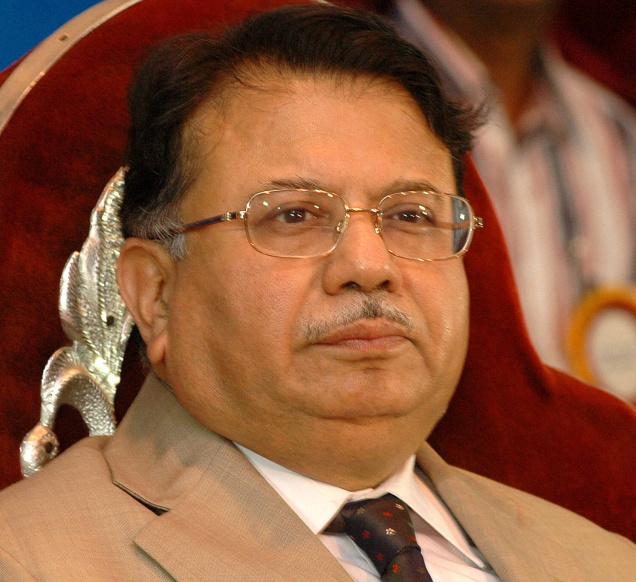 New Delhi, July 24;A group of eminent citizens, including former Delhi High Court Chief Justice A.P. Shah and former Cabinet Sercetary T.S.R. Subramanian, have appealed to MPs not to vote for any bill which exempts political parties from the ambit of the RTI Act.
New Delhi, July 24;A group of eminent citizens, including former Delhi High Court Chief Justice A.P. Shah and former Cabinet Sercetary T.S.R. Subramanian, have appealed to MPs not to vote for any bill which exempts political parties from the ambit of the RTI Act.
The signatories which also include former Central Information Commissioner Shailesh Gandhi, RTI activist Venkatesh Nayak, former Mumbai Police Commissioner Julio Ribeiro have appealed to the parliamentarians that rather than amending the law, political parties can challenge the CIC order declaring them as public authorities in courts.
“There are reports in the media, that a bill is likely to be presented in Parliament to amend the RTI Act. The reasons being given publicly are that the CIC order declaring political parties as public authorities, subject to RTI is bad in law,” it said.
The letter said if an order which is bad in law is issued by any statutory authority, the correct process is to challenge it at an appropriate forum.
“The CIC order can be challenged in a writ in the High Court, and there are many instances of these orders having been quashed in Courts. None of the political parties has filed for a stay of this order, and now expect to amend the law in Parliament to justify and legitimize their defiance of a statutory order,” it said.
The letter addressed to all the parliamentarians said defying a statutory order by anyone sets a wrong example, and leads to breakdown of the rule of law.
The RTI Act has been used fairly extensively and has uncovered certain arbitrariness and corruption.
“More importantly, it has empowered the individual sovereign citizen, who is today getting greater respect from many entities. The key principle in defining the bodies to be covered by the RTI Act was based on the movement’s slogan, ‘Hamara Paisa, Hamara Hisab,’” it said.
The letter said all institutions including Parliament are legitimised to be intermediaries on behalf of ‘We the People’ but none of these can replace the people of India.
“Subjecting themselves to Right to Information by citizens has not damaged any Institution in the Country. Some political representatives have claimed that they would not like to be questioned about their processes of decision making,” it said.
The letter, which also has signatures of election analyst Yogendra Yadav and activist Sandeep Pandey, said that RTI only gives access to citizens to the records of a Public authority, and does not entitle the citizen to question the merits of the decisions.
“Besides there are ten exemptions in Section 8 (1) for information which need not be disclosed and these exemptions passed by Parliament have worked well, and not resulted in damaging any Institution since 2005,” it said.
The letter appealed that RTI will overcome the trust deficit between the people and political leaders and lead to a better understanding of the working of various political parties.
“It will lead to citizens making a more informed choice of political parties during elections. Besides, it will promote better and systematic functioning of the political parties, once they subject themselves to monitoring by the people they seek to serve,” it said.
A full bench of the Central Information Commission has declared six national parties, Congress, BJP, BSP, NCP, CPI and CPI(M) as public authorities, saying they are substantially funded by the government in the form of subsidised land and other facilities.
The government apparently plans to amend the RTI Act to exclude political parties from the ambit of the RTI Act to neutralise the impact of the CIC order.
